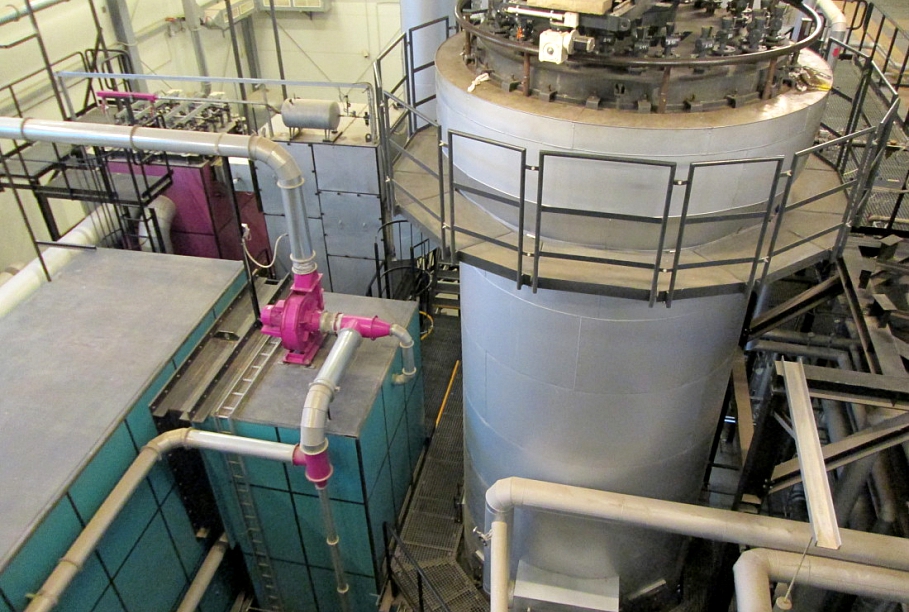The government endorsed the draft amendments proposed by the Economics Ministry to regulations on power generation and price setting at heat-and-power (co-generation) plants and on power generation from renewable sources and setting the price of renewable energy.
The amendments to the regulations are intended to ensure an effective use of government support, which is financed by end-users of electricity, predictability of expenses and a tougher control mechanism for co-generation plants, which will have to meet additional requirements to qualify for government support.
In order to ensure an accurate registration of the amount of thermal and electric power generated at the plants and the amount of fuel used in the process the companies will be required to keep the record of their power output on a daily basis and to register the amount of fuel used in power generation at least once in a month, and to store these data for at least five years.
Those co-generation plants that have yet to launch power generation will be given a deadline by which they have to ensure at least 50% of the plant's planned power generation capacity to receive MPC licenses.
The new regulation will also shorten the time energy producers are given to deal with issues like tax debts and non-compliance with efficiency standards.
The Economics Ministry's control group for the supervision of the co-generation plants will be able to conduct unannounced inspections at the power plants and revoke the MPC license if a company has twice avoided an inspection.
A company that has received more than three warning in a period of five years will also lose its MPC license.
As reported, following the reports on possible fraud in several co-generation plants, the Economics Ministry conducted inspections at several companies and found that they were not generating any power. Most probably, the power plants had been turned on just for the necessary 72-hour test period to get their licenses approved. The Latvian Economics Ministry so far has annulled licenses to a total of 21 heat-and power (co-generation) plants.
The Economics Ministry has estimated that in this way it has prevented the total costs of the mandatory purchase component (MPC), which is the part of the electricity price used to subsidize green energy producers, from growing by €334.8 million in the next decade.





























